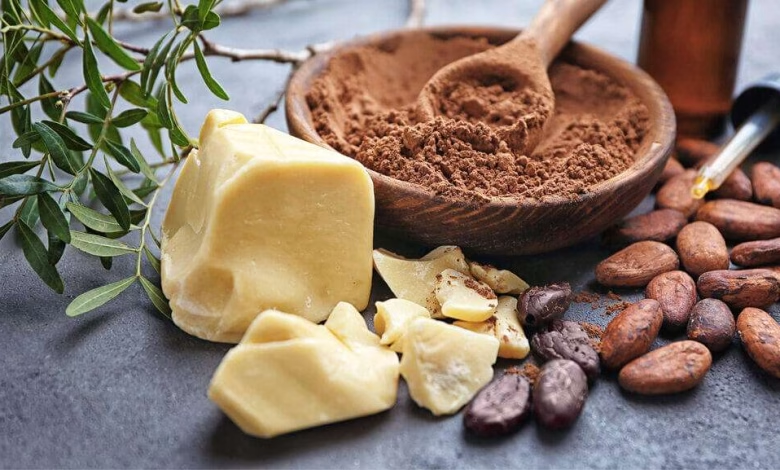Ghana’s Non-Traditional Exports Reach $3.83B in 2024 Despite Setbacks

- Ghana's NTEs totalled $3.83 billion in 2024, down 2.87% from 2023
- ocoa paste became top export, growing 35.5% year-on-year
- 52 countries received Ghanaian products from 1,543 companies
Ghana’s non-traditional exports (NTEs) brought in $3.83 billion in 2024, according to the latest report by the Ghana Export Promotion Authority (GEPA). Although this figure reflects a 2.87% drop from the $3.94 billion recorded in 2023, the export sector remains robust, driven largely by gains in value-added goods.
This slight contraction marks the first decline in four years, mainly attributed to reduced exports of iron and steel—once a major revenue source—due to increasing production and transportation costs. However, other sectors posted strong performance, softening the overall impact.
Topping the list of export earners was cocoa paste, which saw a significant 35.54% increase in export value compared to 2023, surpassing all other NTEs. Cocoa butter and shea oil also recorded impressive growth, reinforcing Ghana’s rising competitiveness in processed cocoa and natural skincare products. Overall, processed and semi-processed goods accounted for 83.4% of total NTE earnings, reflecting Ghana’s continued shift from raw material exports to value-added production.
Despite the year-on-year decrease, the report highlights the breadth of Ghana’s export base. In 2024, the country exported 609 different non-traditional products to 152 international markets through 1,543 exporting companies. Notably, just 86 companies accounted for about 80% of the total export value, indicating that a small group of firms dominate export revenues.
GEPA credits the sector’s resilience to continued investments by government and industry players, including infrastructure upgrades, exporter capacity-building, and aggressive market promotion. Initiatives such as the National Export Development Strategy (NEDS) and the establishment of Ghana Trade Houses abroad are expected to further boost export performance in 2025.
“Ghana is making steady strides in diversifying its exports and adding value to its raw materials,” said GEPA CEO, Francis Kojo Kwarteng Arthur. “The emergence of cocoa paste as our top non-traditional export is a strong indication that our industrialisation agenda is taking shape.”
Looking forward, GEPA plans to enhance trade under regional agreements such as the African Continental Free Trade Area (AfCFTA) and strengthen ties with key markets across Africa, Europe, and North America. The agency also aims to improve global market access for SMEs and support more Ghanaian-made products in entering international markets.






